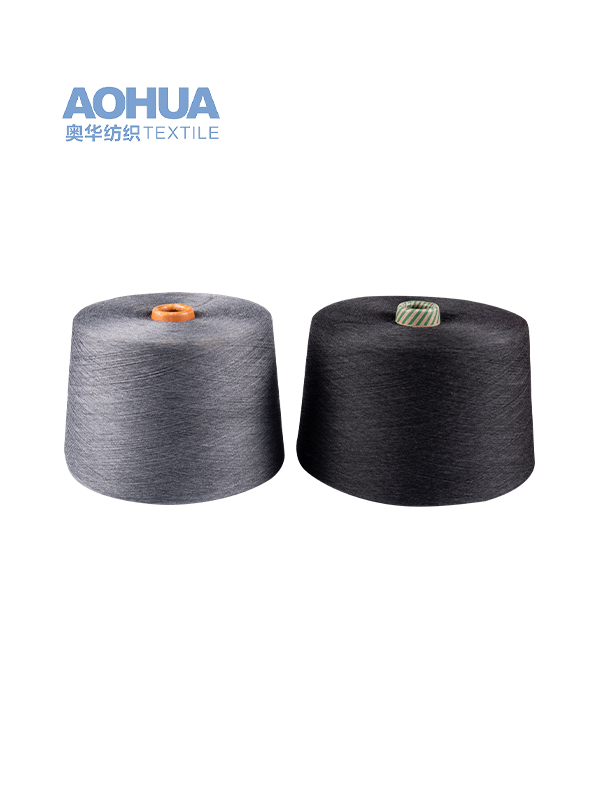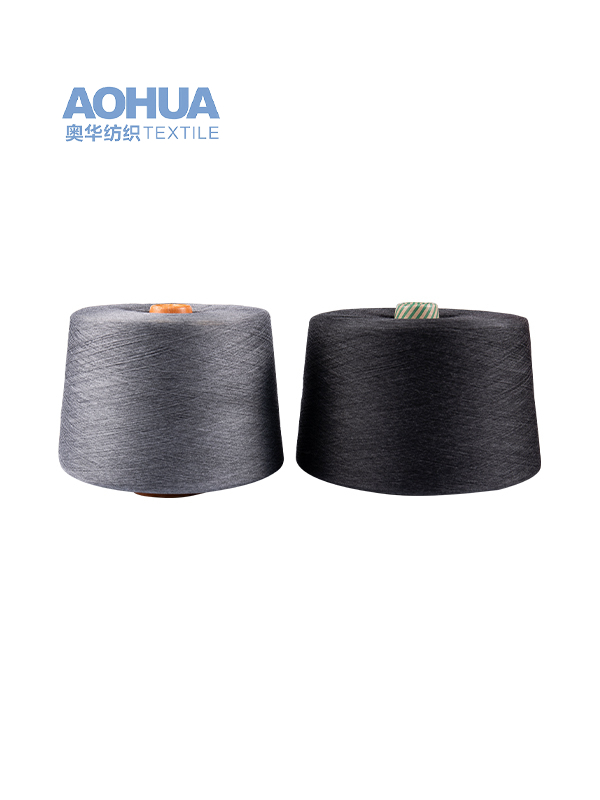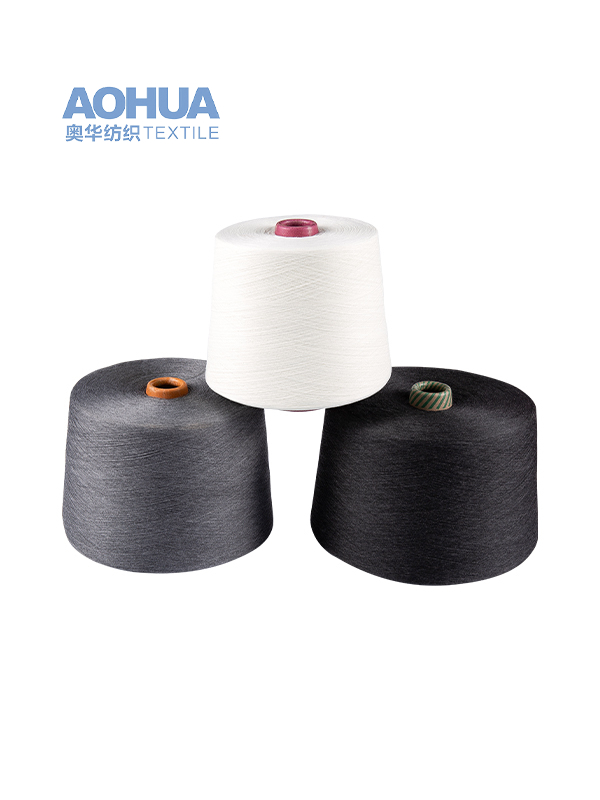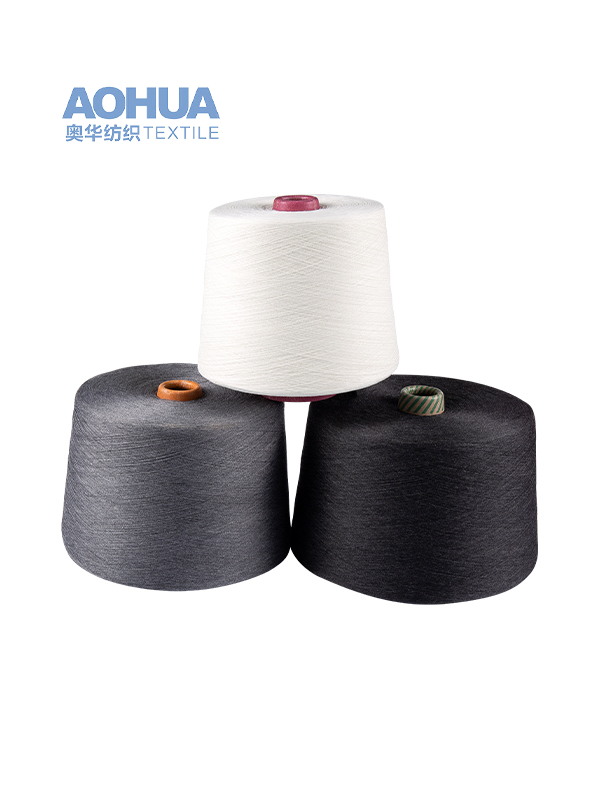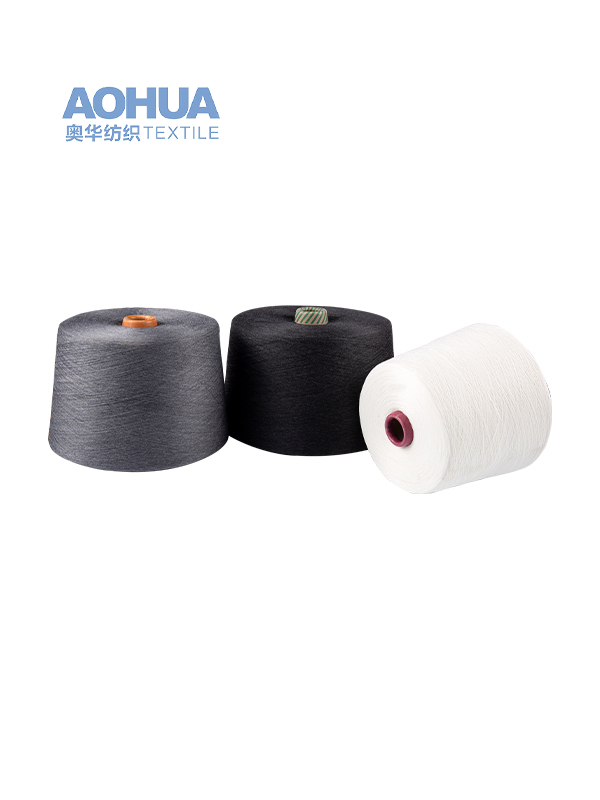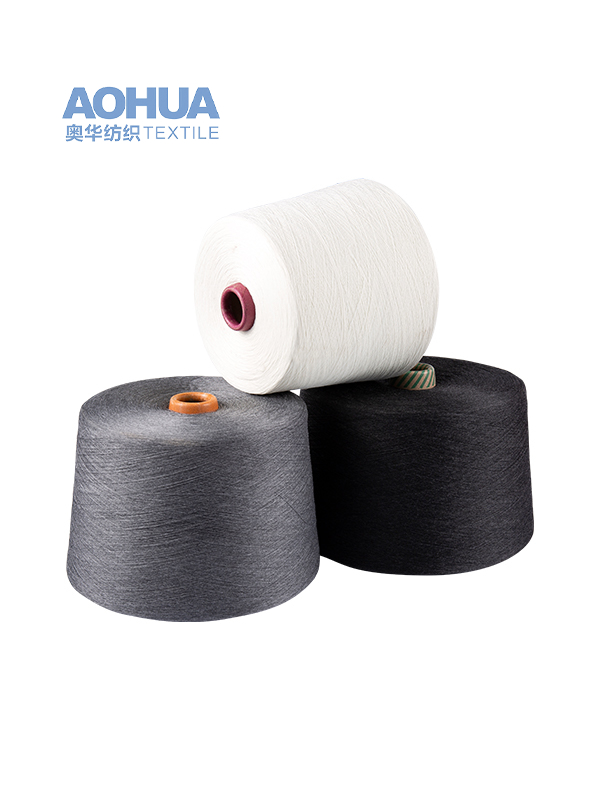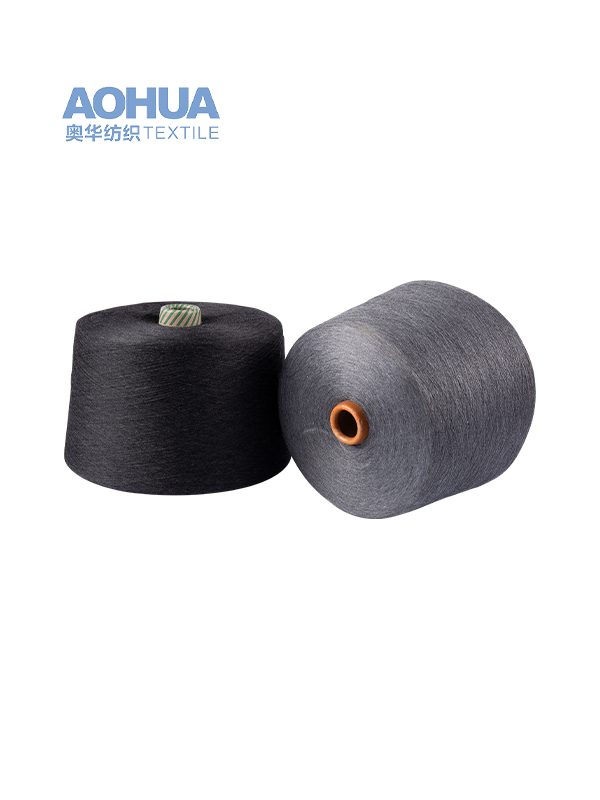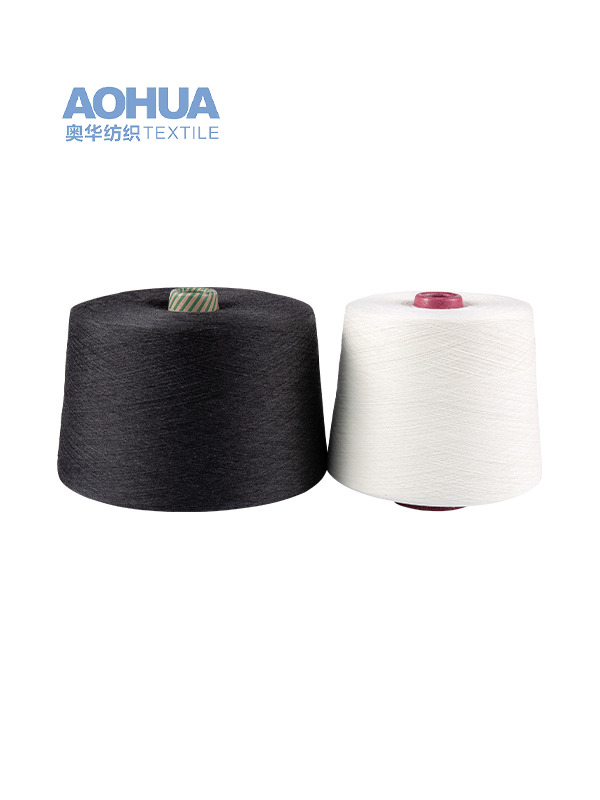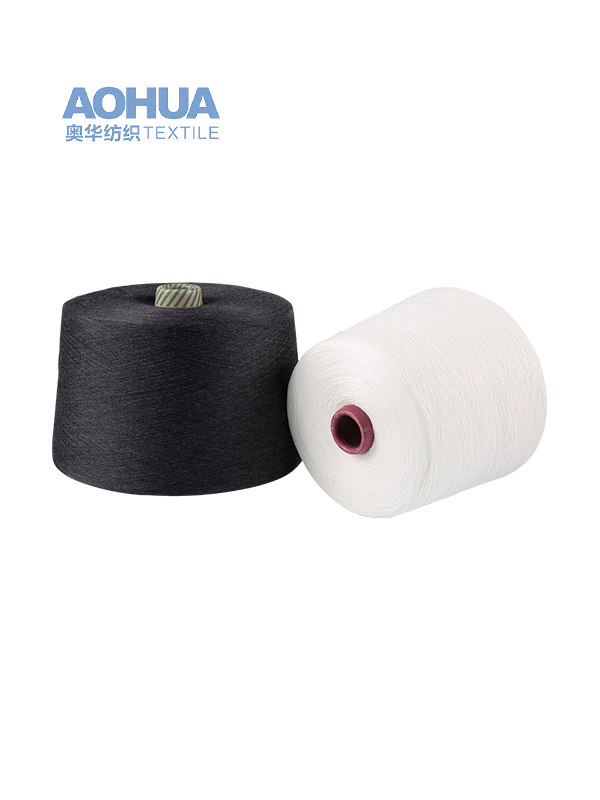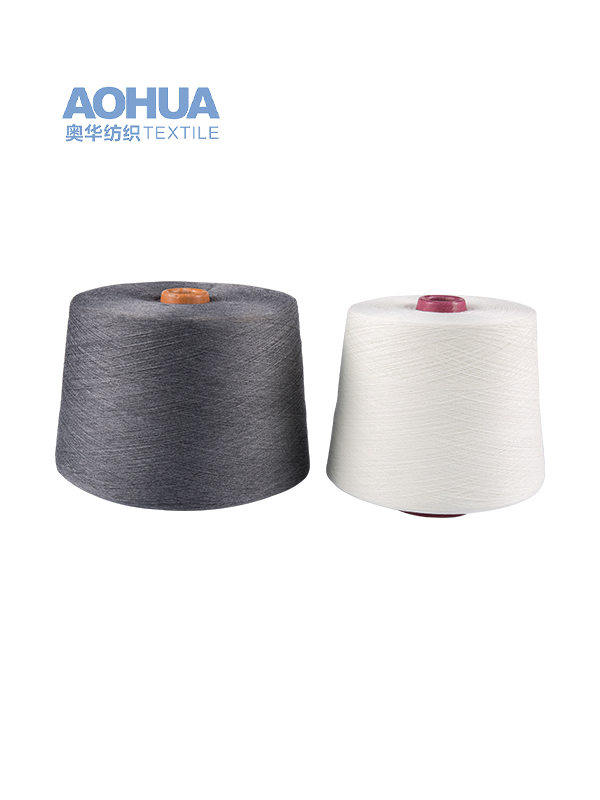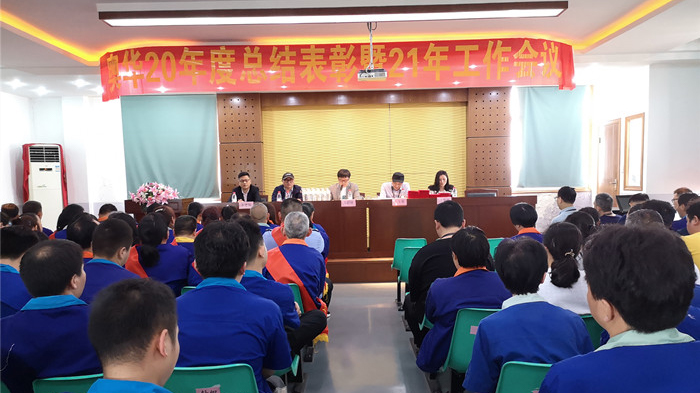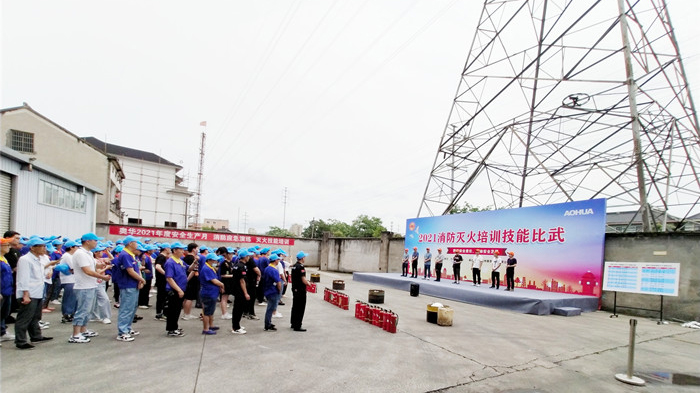We are a national high-tech enterprise. At present, there are many kinds of self-woven and cooperatively processed fabrics, including microfiber warp-knitted towel cloth, weft-knitted towel cloth, coral fleece, etc.
Woven fabric offer several advantages when used in household textiles, making them a popular choice for a wide range of applications. Here are some of the advantages of using woven fabric in household textiles:
Durability: Woven fabrics are known for their strength and durability. They can withstand frequent use, washing, and exposure to wear and tear, making them ideal for household textiles that experience heavy use, such as bed linens and upholstery.
Longevity: Due to their durability, woven fabric household textiles often have a longer lifespan compared to those made from other types of fabrics. This means that they can remain in good condition and provide comfort and functionality for an extended period.
Variety of Styles: Woven fabrics come in a wide range of weave patterns, textures, and designs, allowing for diverse styling options in household textiles. This versatility makes it possible to choose fabrics that complement various interior design styles and preferences.
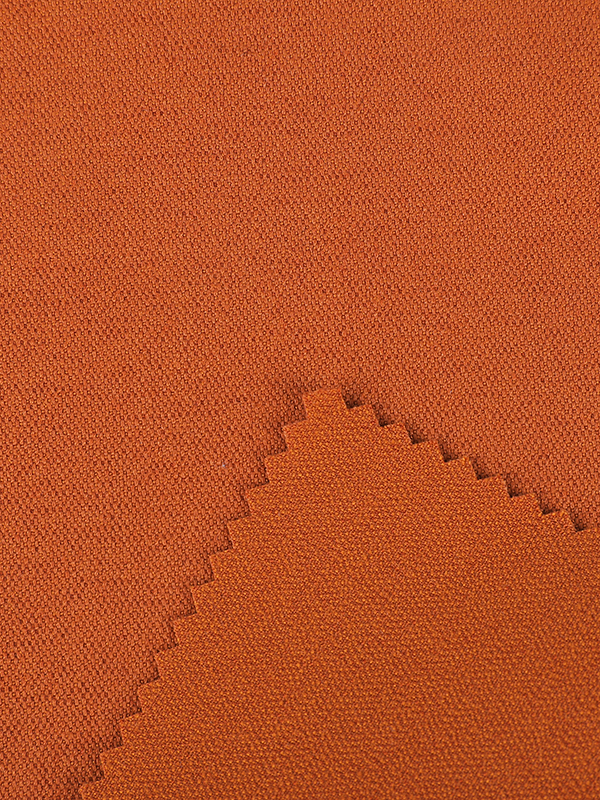

Breathability: Depending on the fiber type and weave pattern, many woven fabrics have good breathability. This can be beneficial in household textiles like bed linens and curtains, allowing for proper air circulation and moisture management.
Texture and Comfort: Woven fabrics can offer a pleasant tactile experience. They often have a smooth, comfortable feel, making them suitable for textiles that come in direct contact with the skin, such as sheets, pillowcases, and towels.
Easy Care: Woven fabrics are typically easy to care for and maintain. Most woven fabric household textiles can be machine-washed and, depending on the fiber content, may resist wrinkles and shrinkage.
Resistance to Pilling: Woven fabrics are less prone to pilling (the formation of small, fuzzy balls on the fabric's surface) compared to some knitted fabrics. This can help maintain the appearance of household textiles over time.
Customization: Manufacturers can easily customize woven fabrics to meet specific requirements. For example, they can incorporate different finishes or treatments, such as stain resistance or water repellency, to enhance the functionality of household textiles.
Colorfastness: Woven fabrics tend to hold color well, which means that household textiles made from these fabrics are less likely to fade quickly when exposed to sunlight or frequent washing.
Versatility: Woven fabrics are suitable for a wide range of household textile applications, including curtains, tablecloths, napkins, upholstery, bedspreads, and rugs, providing a cohesive and coordinated look to interior spaces.
Classic Aesthetics: Many woven fabric designs have a timeless and classic appearance, making them suitable for both traditional and contemporary interior styles.
Woven fabrics offer numerous advantages in household textiles, including durability, longevity, breathability, comfort, ease of care, and customization options. These qualities make them a popular choice for a variety of applications in homes, from bedding and upholstery to curtains and decorative textiles.

 English
English 中文简体
中文简体

